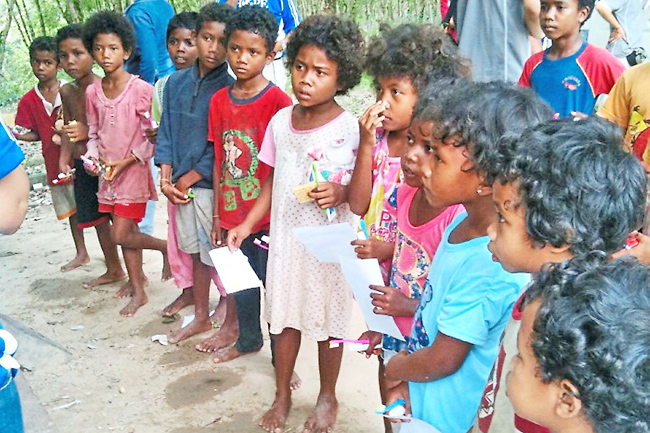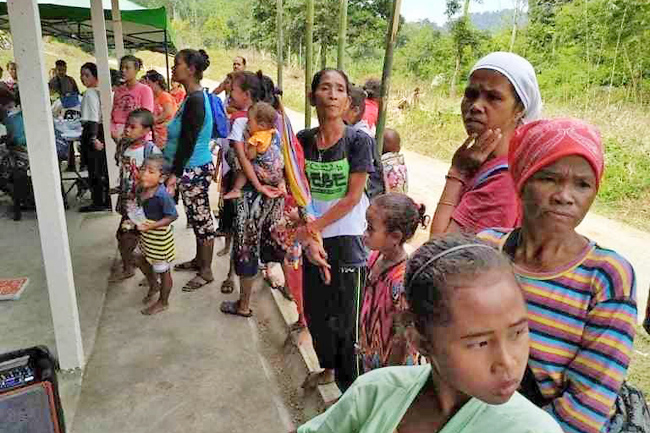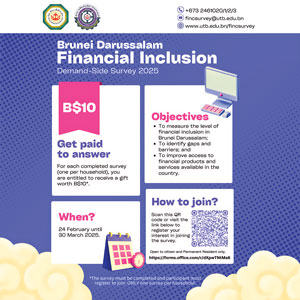ANN/THE STAR – The indigenous people of Peninsular Malaysia are known as the Orang Asli.
According to the Aboriginal Peoples Act 1954 (Act 134), an Orang Asli is “any person whose male parent is or was a member of an aboriginal ethnic group, who speaks an aboriginal language and habitually follows an aboriginal way of life and aboriginal customs and beliefs, and includes a descendant through males of such persons”.
According to data from the Statistics Department and the Orang Asli Development Department (also known by its Malay name Jakoa), the Orang Asli and Sarawak and Sabah indigenous account for around 14 per cent of the country’s population.
According to Jakoa, there are three primary Orang Asli groups: Negrito, Senoi, and Proto-Malay, which contain diverse subgroups or tribes totalling around 180,000 people.
It is well accepted that the Orang Asli are behind the general population in their education, health and socioeconomic status.
The poor nutritional status of the Orang Asli is well-documented.


A 2015 study of Orang Asli in the Krau Wildlife Reserve in central Pahang found the double burden of malnutrition among them, with about 26 per cent of overweight and obese adults coexisting with high percentages of stunted (64 per cent) and underweight (49 per cent) children. There was a higher occurrence of overweight/obese mother with underweight and/or stunted child(ren) (20 per cent) and overweight/obese mother with stunted child(ren) (19.4 per cent) households than those with overweight/obese mother with underweight child(ren) (12.5 per cent).
Households of overweight/obese mothers with stunted child(ren) were linked to boys, older mothers, mothers with higher education, and households with income per capita of less than MYR97.
Infections are common in the Orang Asli.
They include soil-transmitted helminths (STH), ie hookworm, ascaris and whipworm, infections; blastocytosis; giardiasis; amoebiasis; and malaria.
The Orang Asli are known for their poor maternal health, deficiency disorders, anaemia, malnutrition, infectious diseases, and more recently, Non-communicable diseases(NCDs) in certain communities.
More needs to be done by the authorities and the public to help them address these issues.
The DrsWhoCare is a community programme of the Federation of Private Medical Practitioners Associations, Malaysia (FPMPAM).
The FPMPAM was given permission to utilise the unused Health Ministry’s Community Feeding Centre in Kampung Dayok, Pahang, in 2019.
This centre has since been developed and is now manned by trained Orang Asli for the delivery of emergency care to the local Orang Asli community, who have embraced it.
Volunteer doctors from FPMPAM have been conducting regular clinics providing primary, and even selected specialist, care at the centre. Continuous telemedicine support is also now available to cater for emergencies at the centre.







